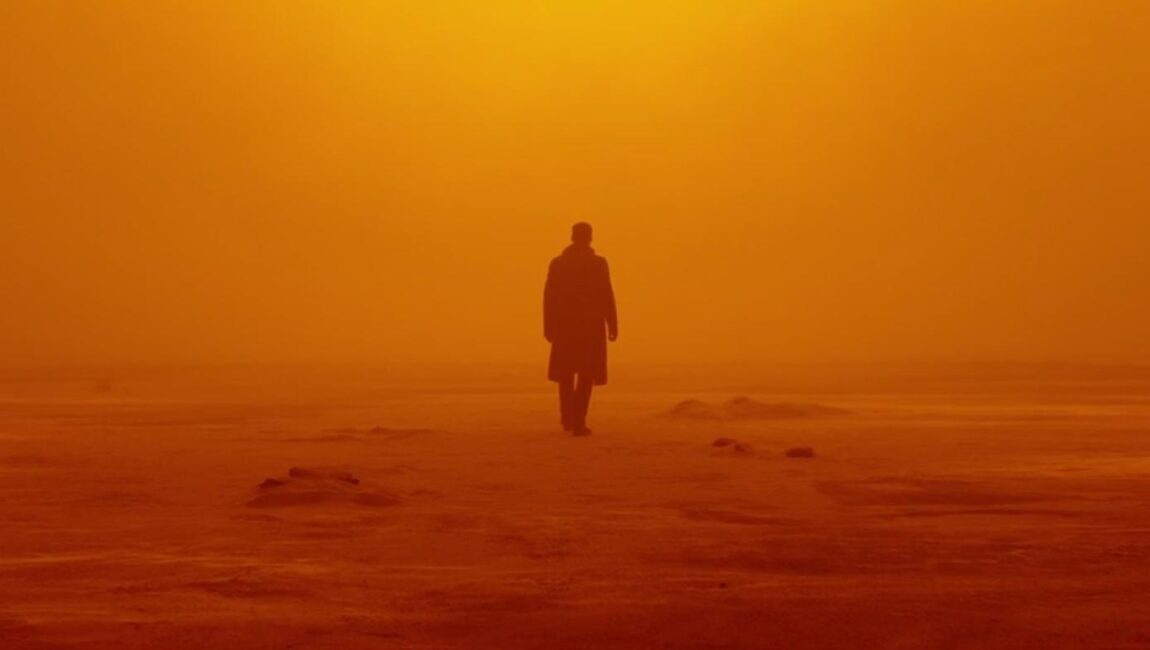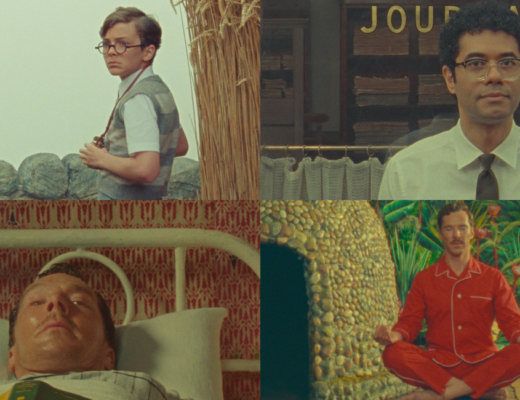It’s worth remembering that, at the time of its 1982 initial release, nobody really knew what to make of, or much cared for, Blade Runner. Ridley Scott’s one-time sci-fi flop (now duly reclaimed and canonized, and available in 5 different cuts) was deliberately meandering, opaque, and portentous—as well as drop dead gorgeous, a hypnotic drone, and a fabulous technical showcase (even in its sort of nascent original theatrical form). Blade Runner 2049 is basically all of these things, but often to a much greater degree. Regardless of any other qualitative evaluation, that alone makes it a worthy follow-up. But luckily, there are also ways in which this Denis Villeneuve-directed sequel is not just an expensive-but-dumber rehash of a classic—ways it upends its progenitor’s legacy, becoming both confounding and productive. Where the first film centered on a man who discovered he might be a machine, this one follows a machine terrified to consider the possibility that he might be a real live boy (not for nothing is the character obliquely referred to as Joe K, the kind of dopey, stoner dorm room existentialist reference the original might have made too).
It’s worth arguing that the ambiguity is exactly why people will keep watching both of these movies into oblivion for another 35 years.
When last visited by us, the world of Los Angeles in the future was dense, teeming with overpopulation and life both organic and manufactured. Now we leave the cities to find a greater California nearly evacuated, desiccated, almost dead. The replicants of Blade Runner were once implanted with memories they didn’t know were false, to make them more human. Now they are fully aware of the lie of their pasts, and those memories make them slaves to that fabricated reality. As in the first film, these are heady but not particularly fresh subjects for science fiction, and similarly not given much actual exploration; in both films they’re merely dumped at your feet to engage with or not, with ambiguity the only real reward. But it’s worth arguing that that’s exactly why people will keep watching both movies into oblivion for another 35 years.







